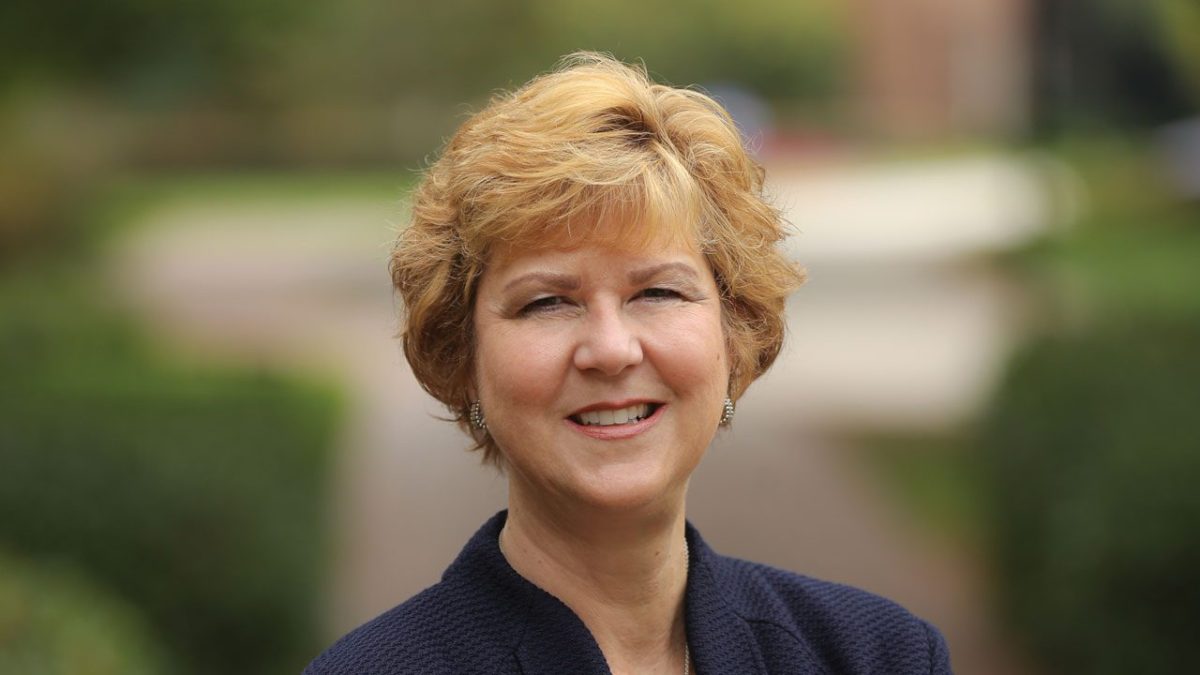While some students found signing up for fall classes easy and quick, others were faced with a dilemma recognized by many: the absence of certain courses on the registration spreadsheet. Some courses did not make the available course list this semester, often due to low enrollment.
It’s a frustrating experience for students, especially those who were planning on taking the course or needed a specific course to satisfy a credit for their major or minor.
In the Department of Modern Languages and Literatures, cutting classes wasn’t a widespread occurrence but certain French classes were affected. While Spanish 110-115 enrolled all available spots, two courses with two sections in the French department experienced low enrollment in one of the sections, forcing the classes to be removed from the course list this semester.
“Over the summer, students did not request certain French classes on ICE through their MyFurman portal,” said Dr. Bill Allen, French and Italian professor and Department Chair of Modern Languages and Literatures. “Since we didn’t have enough people signed up by the start of the academic year, the courses were already cancelled once freshmen got to class, and the professors were assigned to different classes.”
The history department was also forced to cut two classes due to low enrollment.
“It is a mysterious process,” said Dr. John Barrington, chair of the history department. “We over-enroll one year, and then the next year not enough people decide to enroll.”
While the history department, like all the departments, tries to provide every available class possible to Furman students, it does not always work out.
“We like to have a full class because more people makes the class more dynamic,” Dr. Barrington said. “We try to benefit people rather than penalize, providing as many class spaces for people possible.”
A traditional lecture class typically has a capacity of 24 to 30 students, while a typical seminar-sized class may have between 12 to 18 student enrolled. If there are less than 10 people enrolled in a traditional-sized class or less than seven in a seminar-sized class, then the course cancellation process proceeds.
“When courses don’t get full, we consider what are our options,” said Brad Barron, Associate Dean and University Registrar. “We will consult with the department chair of the department of the course in question. We decide if there are other things that the faculty member could teach that would be valuable for that semester.”
The academic deans and department chairs pay close attention to class size and interest, making sure that all the classes are, on average, 90 percent full.
“If we enrolled a class that wasn’t 90 percent full, we would be spending money that we don’t have,” Barron said.
Cutting classes is something that Furman tries to avoid, but instances where it would not be economically feasible to provide the course for only a few students that semester, the result is the cancellation of the course.



























